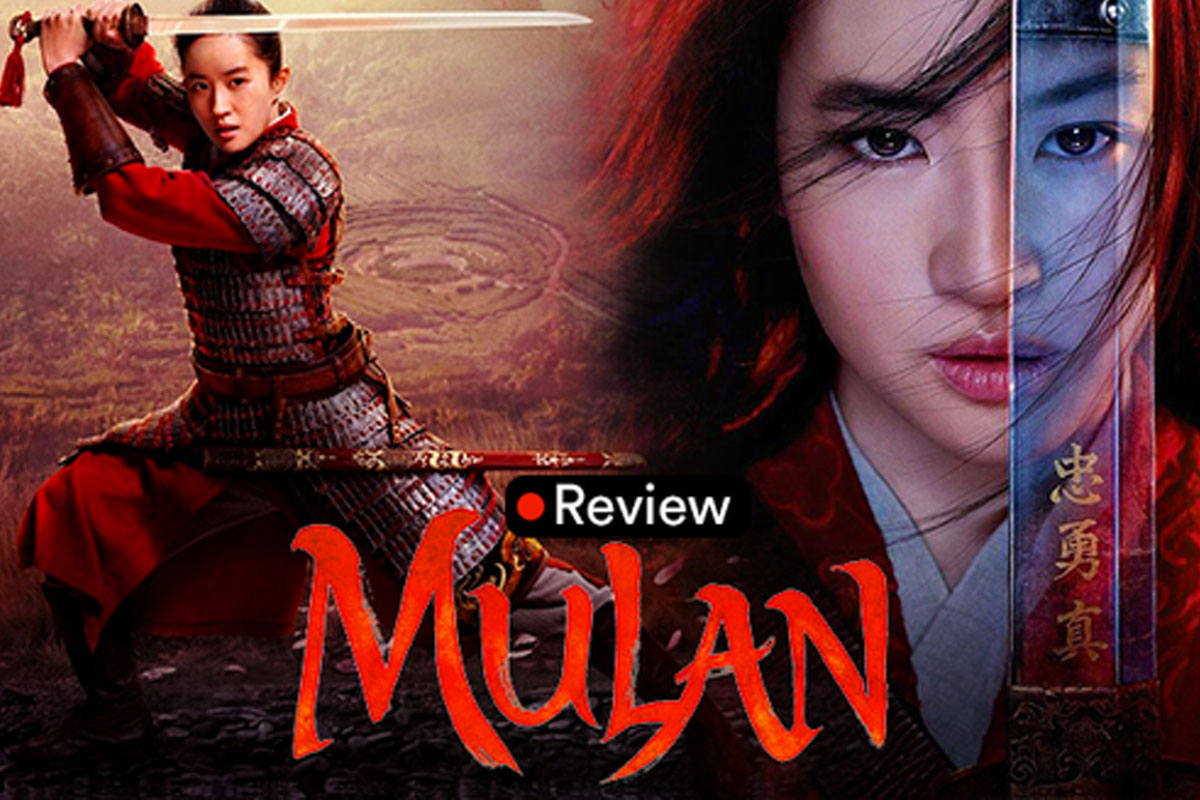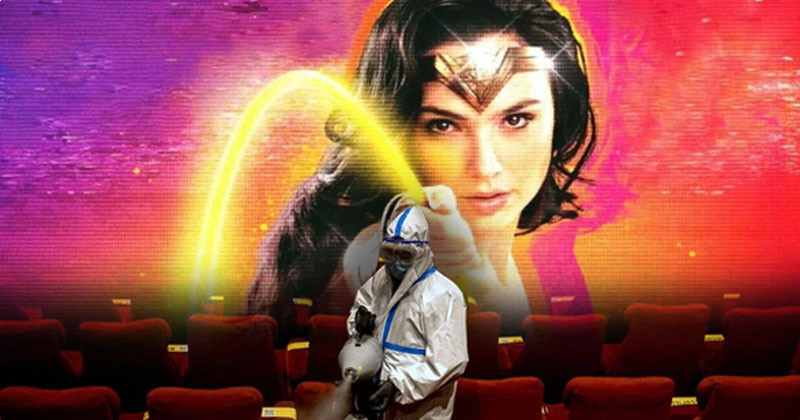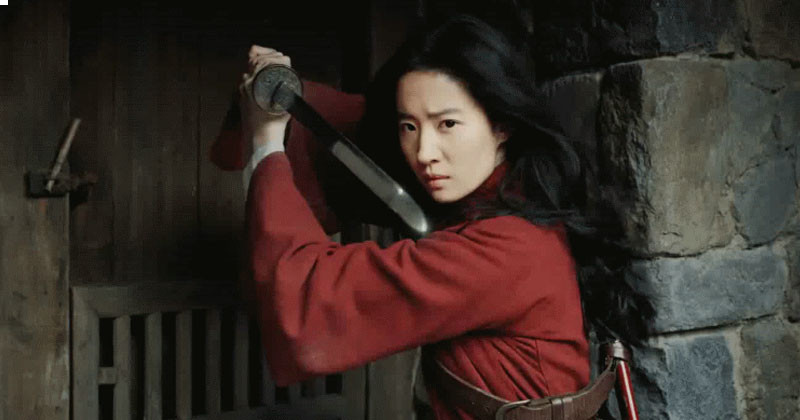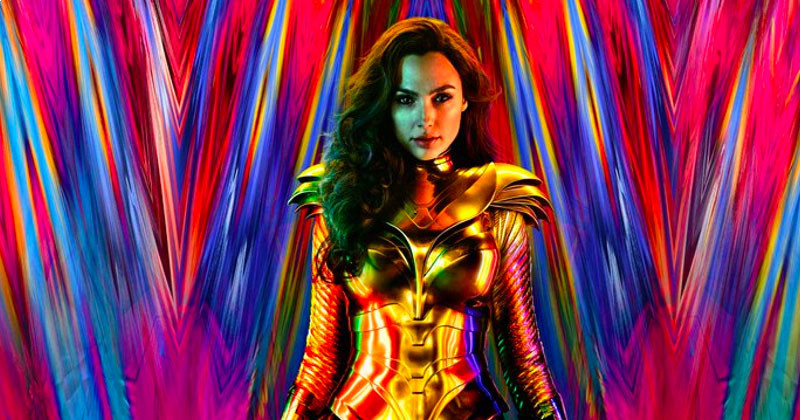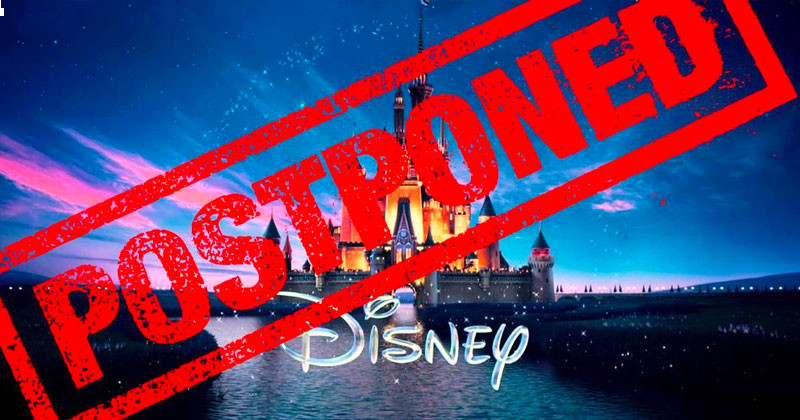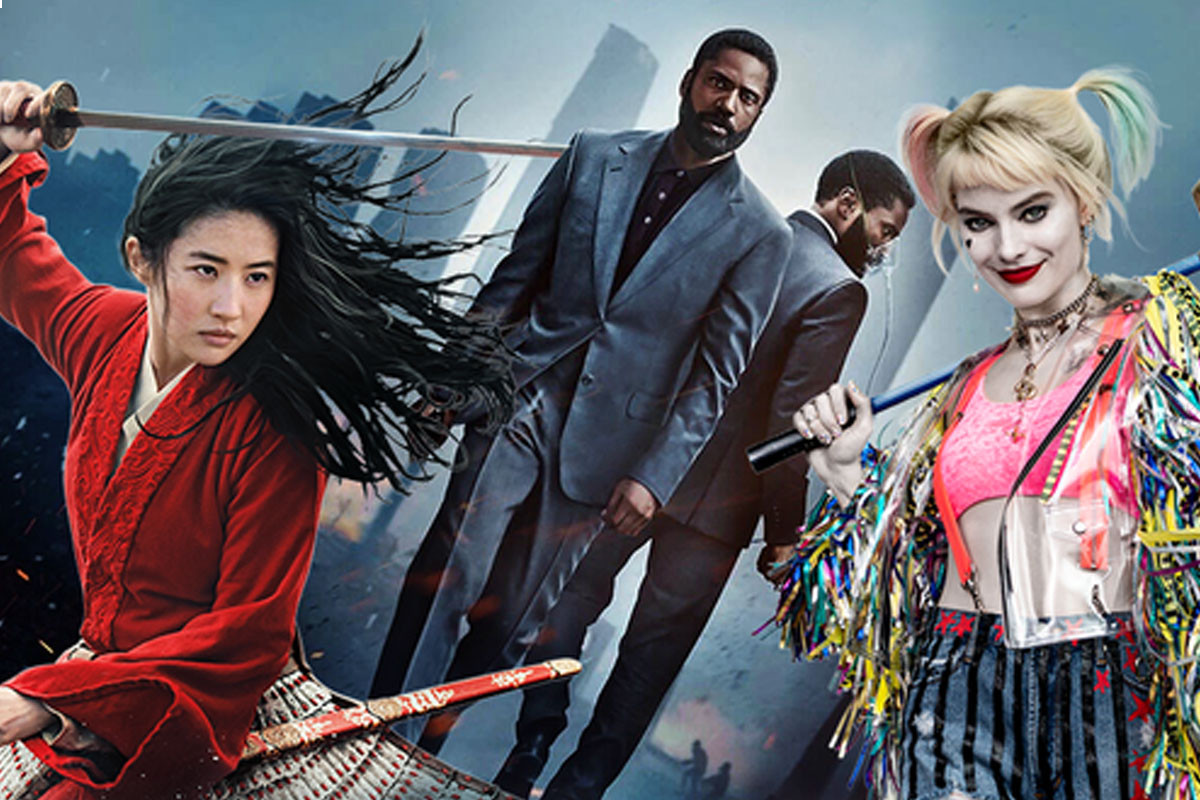- Wonder Woman 1984: To Save Or To Ignite The End Of Theaters
- Mulan and Liu Yifei are again nominated for the prestigious Hollywood award
- Wonder Woman to be released online?
Expected to continue the success of other Disney-produced live-action movies, Mulan version 2020 is a movie that is just enough, valuable in terms of message but not yet successful in terms of details.
When released the animated version in 1998, Mulan has become a phenomenon in popular culture. The image of a female general holding a sword and riding a horse to fight the battle has brought Disney countless praises for its pioneering character. The 2020 version is so difficult to get rid of that huge shadow.
Over nearly 20 years, the story of Mulan has been re-enacted on the screen more majestic, with a 100% Asian cast, majestic great scenes, martial arts action scenes invested. However, Mulan of 2020 makes many audiences, especially Asian audiences, not satisfied. Despite being highly praised by Western critics for her profound social message, Mulan faded from the expensive details to elevate the film the way Disney had oriented it from the start.
The martial arts is not enough to satisfy, too "boring" for Asian audiences
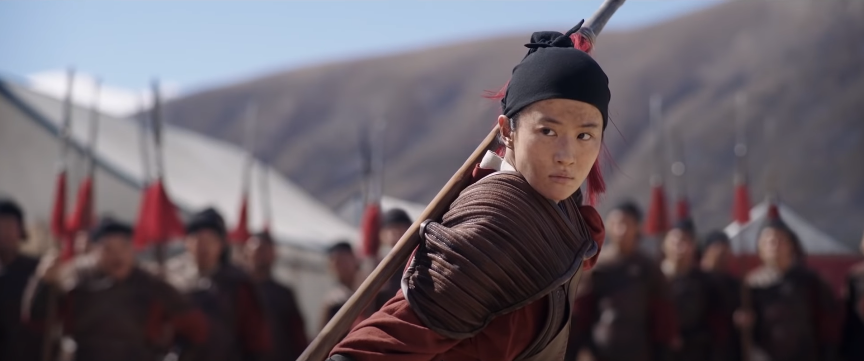
Deciding to get rid of the shadow of the animated version in 1998, Disney turned Mulan in 2020 into an action movie, martial arts, pure fantasy, with no musical elements. Referring to Mulan, in memory, many audiences will be an animated movie with quite a few favorite songs like Honor to Us All, I'm Make a Man Out of You or the immortal Reflection ballad. Those are the songs that are played in the movie, which become the outstanding psychological details of the characters and the message of the film, are also a feature of Disney cartoons.
Up to now, its remade live action films have closely followed this musical genre, even fostering audiences with new songs alongside classic songs (as in Aladdin live action year (Speechless became an instant hit after the film's release). Mulan is the exception. Not only does it cut out the musical elements, but comical elements like the dragon Mushu and the cricket accompany the character completely, making room for a more mature, serious and more realistic movie.
Objectively assessed, this is a reckless step for Disney. With the aim of moving towards a more mature Mulan and closer to Chinese culture, Disney has chosen the action genre, fantasy and epic epic element. Not to mention, Disney also interwoven the element of swordplay (wuxia) into the film to make the colors of Chinese ancient culture even more bold. All these efforts have been praised by American audiences and critics, but for Asian audiences, the change is pervasive.
Growing up in Asian culture, Chinese historical dramas are probably an integral part of our childhood. Archery movies, martial arts movies, and swordplay movies are in the subconscious of many Asian people. Not to mention, the blockbuster action is also historical color by famous directors has gone deep into our hearts. For this reason, the element of the martial action in Mulan is no different … childish with contemptuous acts, walking on the city wall, horse-shooting or staging battle.
One of the biggest hurdles of the live action this time is to exploit the theme of war, with elements of swordsmanship, but in the end this is still a product of Walt Disney Company, a brand that is always geared towards children and families. The fights became too fake in the eyes of mature audiences when not a single drop of blood fell to the ground. Also because of this point, Mulan, although going in a serious direction, has yet to come seriously, maturing as if she is halfway mature, making viewers feel stuck in the middle, extremely annoyed with easygoing details and there is no drama like the way pure swordplay movies have always made us fall in love.
Asian story, but in the end is still an American product
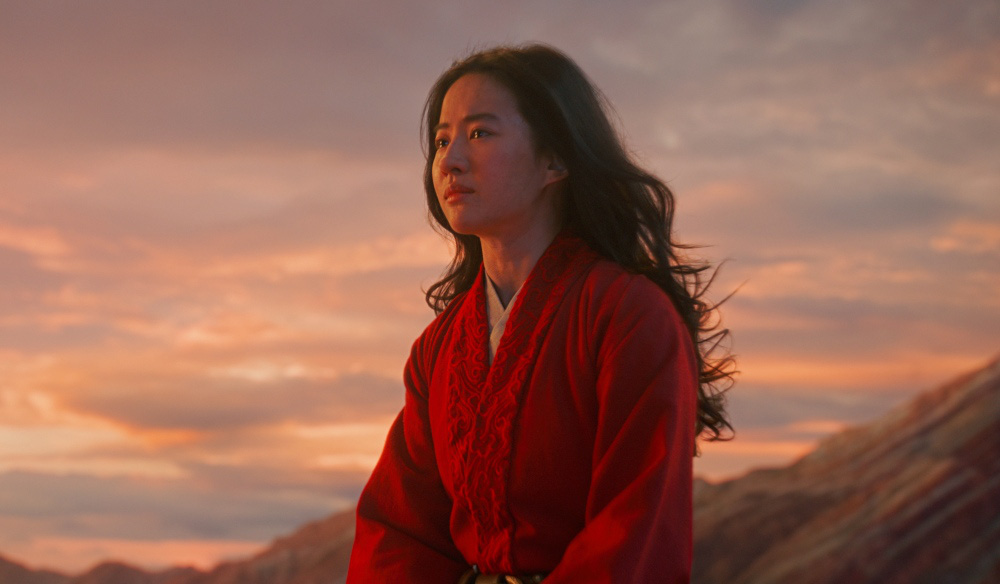
In terms of popular culture, Mulan is a powerful step to bring Asians image closer to the world. The 100% Asian cast in the film with familiar faces of Chinese cinema such as Liu Yifei, Gong Loi,... marks the first time Disney has made a live action movie with bold Asian characteristics. Unlike the original with many false stereotypes about Asians, the 2020 version does not seem to have a moment that makes us feel that Asians are being depicted on the surface, becoming the focus of prejudice in American audience's eyes. The inclusion of Mulan as "the most powerful Disney princess" in both the 1988 and 2020 releases further reinforces the Asian position in the international media landscape.
But then, Mulan ends up being a Hollywood production directed by Niki Caro, an American. So no matter how hard you try, the American factor in the film still wins the Chinese, the Asian. The costumes, scenes, actors, musical tone and sword colors can make us see Mulan as a superficial Asian movie, but when it comes to film structure, character journey, and pivotal thoughts that the film sends, it is still very Western and makes it difficult for Asian audiences to sympathize in many ways.
Mulan, like any other Disney movie, follows a strict three-act structure. It's a standard Hollywood movie formula, in which the protagonist takes a clear journey from an ordinary person, goes through the event, changes and becomes a hero. Throughout Mulan, the film's closing points match perfectly with the three-act structure formula, such as introducing the situation, beginning to leave, inner contradiction, enlightenment, climax, and dissolution. Asian films can still follow a three-act structure, but are not heavy in terms of formula and very personal. In particular, Asian movies do not have too much catchy music, easy to listen to and bold in fantasy epic, nor do they have colorful frames like Mulan's audiovisual aesthetic.
If all this had applied to an animated product like the 1988 version, it would have been easier to accept. Unfortunately, Mulan was too honest to accept this "halfway" of East and West. Not to mention a few details in the film that are very American-style, for example where everyone in the legion is on Mulan's side. In this scene, each person in turn says "I believe in Hua Mulan" (I believe Mulan). This is an artistic decision only suitable for American audiences, and for Asian audiences, this scene will be judged as cheesy and unrealistic in the context of the military barracks. Even the installation of this rather obvious feminist message also reminded the audience of the segment "It's my vagina" in the Sex Education series.
The overall message is the only highlight

Although creating a feeling of disparity, halfway between young and mature audiences, Mulan also leaves an overall mark and once again affirms that Disney's "heart" is always towards children. Maybe in the eyes of an adult, Mulan is gritty and not enough to satisfy the cinematic experience, but for a child, the film is a powerful seed to instill in them the concept of gender equality, family values and also good qualities of myself.
Although highly appreciated and considered a pioneer at that time, the 1988 animated film was still a product full of gender stereotypes. Starting with the songs Honor to Us All and I'll Make a Man Out of You, we can see the masculine ideology in feudal society shrouded in catchy tunes to the point of being abacus. Right and wrong, many of us and many children have passed the song down through the generations. Perhaps because of this, Disney cut the musical element out of the movie altogether. Although many viewers regretted it, Disney made a firm statement: The 2020 Mulan will correct all the mistakes that the 1998 version made in portraying women.
In both films, Mulan risks herself to join the army in the place of the old father. This is an important situation to push the character into his own journey and lead to the decision to pretend to be a man. If this secret is revealed, it means loss of honor and sometimes death. However, each movie has a distinct difference in how the main character behaves in this situation. In the original, Mulan always lived in fear. She fears the secret will be revealed and always tries to hide it, and is eventually discovered by her teammates.
This motif is quite familiar with films with the element of "fake", when before after, the character "disguised" will also be exposed by someone, revealing his identity and leading to conflict. However, in the 2020 version, Mulan gives herself the option of revealing her true self. This comes from the "three virtues" episode, the three virtues that are stated at the beginning of the film, making Mulan always wonder about her path. 'Loyal', 'brave' and 'true' are three words that haunt Mulan throughout the movie, especially the word "true" that always makes her hesitant about revealing to the world. to know who I am, or in other words, to be true to my heart. Because of this, Mulan's journey to conquer the word 'root' is heavier and more convincing when she decides that no one has the right to "discover" the truth, only she can show them the truth.
And in the end, the 2020 Mulan is better than the 1998 Mulan in that she doesn't need to try to prove she can do what men do. The old Mulan, no matter what she does, can't escape the shadow of a man and has never been herself, never having the choice to truly master everything and fully liberated as a woman. The new Mulan isn't like that. Disney cleverly lets the character embrace her femininity completely, accepting who she is. Perhaps the most touching is the end of the film, when she realizes her true value lies in her fourth virtue: "devotion to family".
The film ends with an open answer when Mulan is invited to the imperial guard's ban. We obviously do not need to know the answer, just knowing at that moment, Mulan is the symbol of a woman with voice, bravery, temperament and above all, having her own life choices. That is the new generation feminist message that Disney wants to convey to audiences.
After all, Mulan version 2020 is an acceptable product. Considering in terms of an action film, swordplay and an Asian movie, it can be said that this is an unreleased product, without the price in detail for Asian audiences to admire. , not to mention the aesthetic and audiovisual choices that continuously assert Western style and ideology. But if you consider the film generously from the perspective of a popular cultural product for children and families and clearly grasp the direction of Disney over the years, this is a film with a positive message, bring the "feel-good" color so that girls everywhere can rejoice in their inner virtues and temperament.
Mulan has officially aired on the Disney + platform from September 4, 2020.
